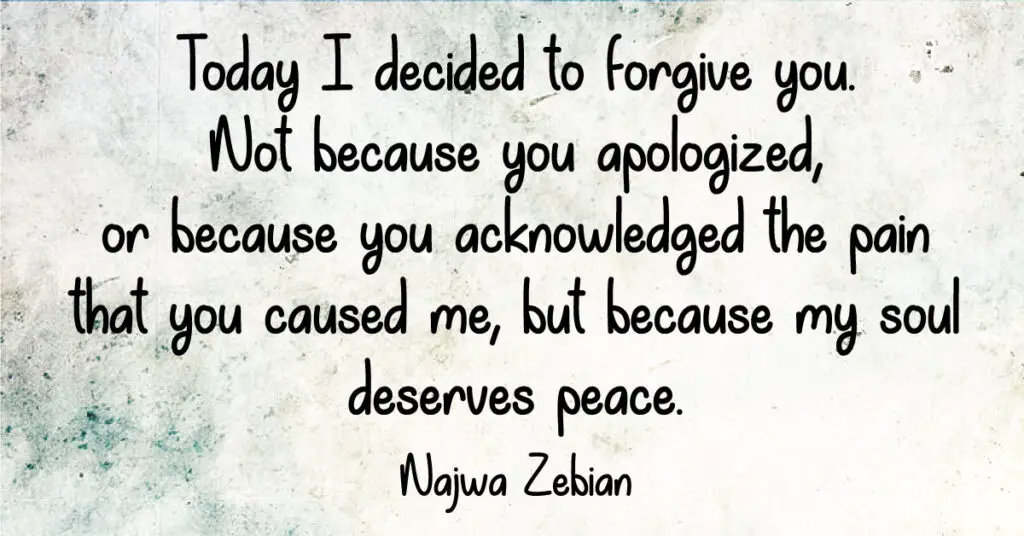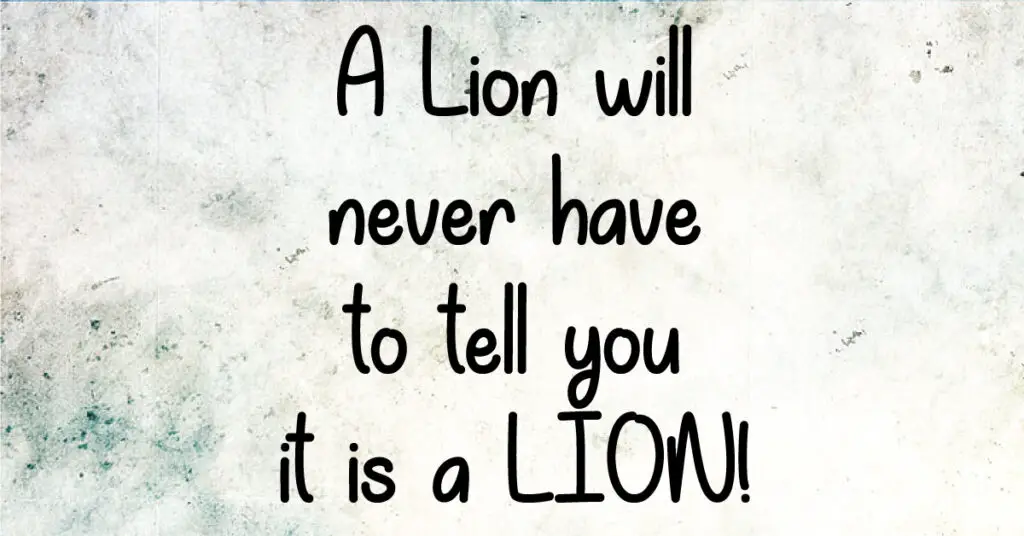The end of a relationship is typically marked by a period of grief and withdrawal from your former partner. However, when the relationship was with a narcissist, this ending can be even more traumatic. The narcissist won’t leave you alone, prolonging the pain and making it difficult for you to move on. But why is this? Let’s delve into the psyche of a narcissist to understand better.
Dr. Craig Malkin, a renowned psychologist and the author of “Rethinking Narcissism,” provides a unique perspective on why narcissists struggle to let go after a relationship ends. According to Malkin, narcissists perceive the end of a relationship as a threat to their self-perceived exceptional status. This perception can trigger them to either challenge your decision to end the relationship or deflect the blame onto you.
Interestingly, this behavior is not limited to situations where the narcissist is the one being left; it can also occur when they are the ones ending the relationship. The underlying thought process remains consistent in both scenarios. As Malkin explains, “If you’re not thinking about me, and I’m not occurring to you as important in your life, maybe I’m not important at all.”
This thought pattern suggests that the dissolution of a relationship could activate feelings of worthlessness that the narcissist has suppressed. Thus, their inability to leave you alone post-breakup may be a desperate attempt to avoid confronting these deep-seated feelings of inadequacy.
Understanding Narcissism
Narcissism, a personality disorder marked by inflated self-importance, excessive need for attention, and lack of empathy, makes relationships with narcissists notably difficult. These traits intensify when the relationship ends, often making the narcissist unable to accept the breakup. Their inflated ego, constant need for validation, and inability to empathize can lead them to cling to the ended relationship, making it hard for both parties to move on.
Craving for Attention and Validation
At their core, narcissists have a profound need for significance and appreciation. Their relationships, particularly romantic ones, serve as a platform for these needs to be met. They flourish in the validation and attention that they receive from their partners, becoming deeply dependent on it, almost like an addiction. When a relationship concludes, this source of validation is threatened, leading them to possibly continue seeking it from you. Despite the end of the relationship, they may persist in their attempts to secure your attention and affirmation, reinforcing their sense of self-importance.
Unwillingness to Accept Rejection
Renowned for their inability to stomach rejection, narcissists view the termination of a relationship as a direct assault on their self-esteem and ego. Consequently, they often refuse to acknowledge the reality of the breakup and strive to maintain their presence in your life. Narcissists may interpret the end of the relationship as a personal affront, triggering defensive reactions aimed at reestablishing control over you. This denial and persistent endeavor to regain control are typical reflections of a narcissist’s struggle to accept relationship dissolution.
The Need for Control
A driving force for narcissists is their desire to control others. Within relationships, they often resort to manipulation and gaslighting to establish dominance over their partners. The termination of a relationship disrupts this control, leading them to employ various strategies – including guilt-tripping, rumor-spreading, or pledges of change – in an attempt to regain it. It’s crucial to understand that these actions aren’t about reigniting the relationship but are rather attempting to sustain their control and power, reinforcing the narcissist’s perceived dominance.
Fear of Being Alone
Contrary to their confident exterior, numerous narcissists innately fear solitude. They construct a distorted reality where they perceive themselves as vital to their partners. In this skewed perception, they believe your survival depends on them, oblivious to the reality that it’s they who need you. The dissolution of a relationship presents them with the possibility of loneliness, a prospect they find daunting and difficult to accept. Their fear of isolation often acts as a catalyst for their persistent attempts to remain in your life post-breakup.
The ‘Hoovering’ Technique
Prevalent strategy narcissists often use after a breakup is known as ‘hoovering.’ This term, inspired by the popular vacuum cleaner brand, describes the range of manipulative techniques a narcissist deploys to draw you back into the relationship. These methods can encompass promises of transformation, proclamations of love, or deliberate efforts to provoke jealousy. Recognizing these tactics is crucial in understanding their true nature – they are not genuine attempts at reconciliation, but rather calculated maneuvers to manipulate your emotions and regain control.
In Conclusion
Dealing with a narcissist who won’t leave you alone after a relationship ends can be emotionally draining. If you find yourself in this situation, it’s essential to establish firm boundaries and possibly seek professional support. Remember, it’s not about getting the narcissist to let go; it’s about you taking steps to move forward.








